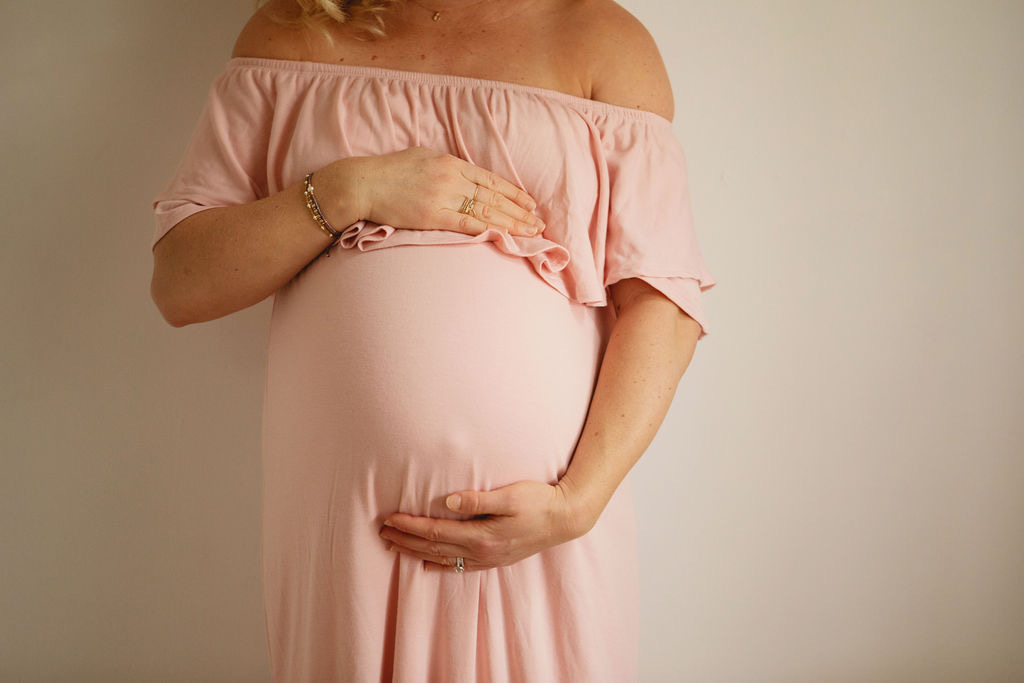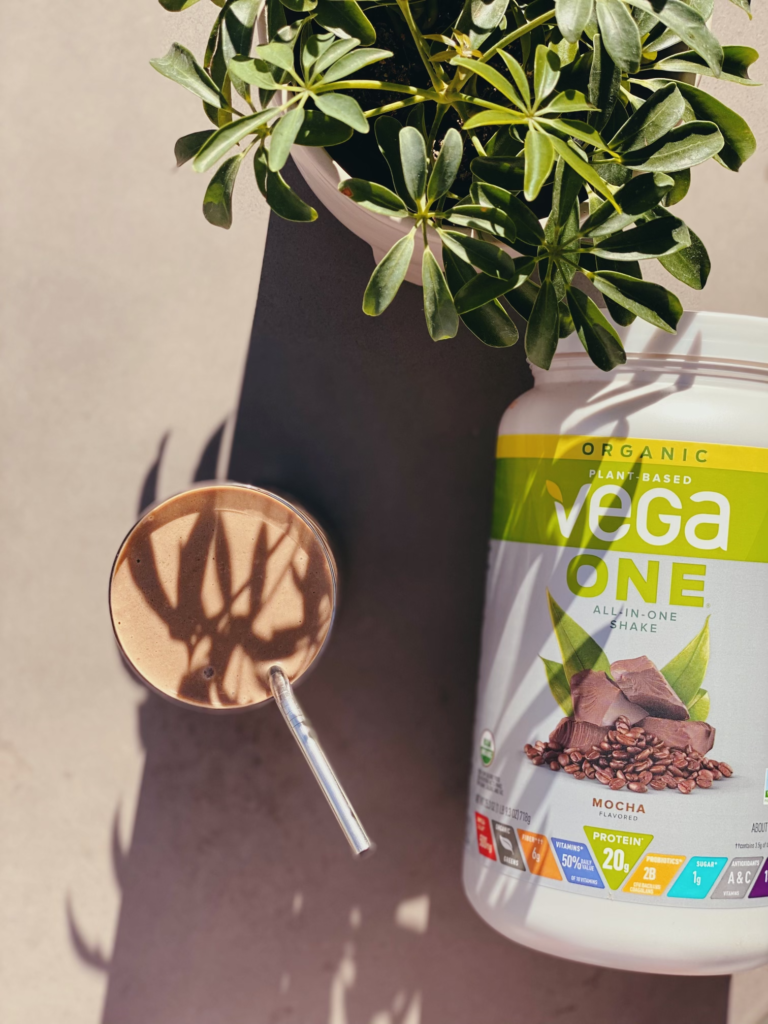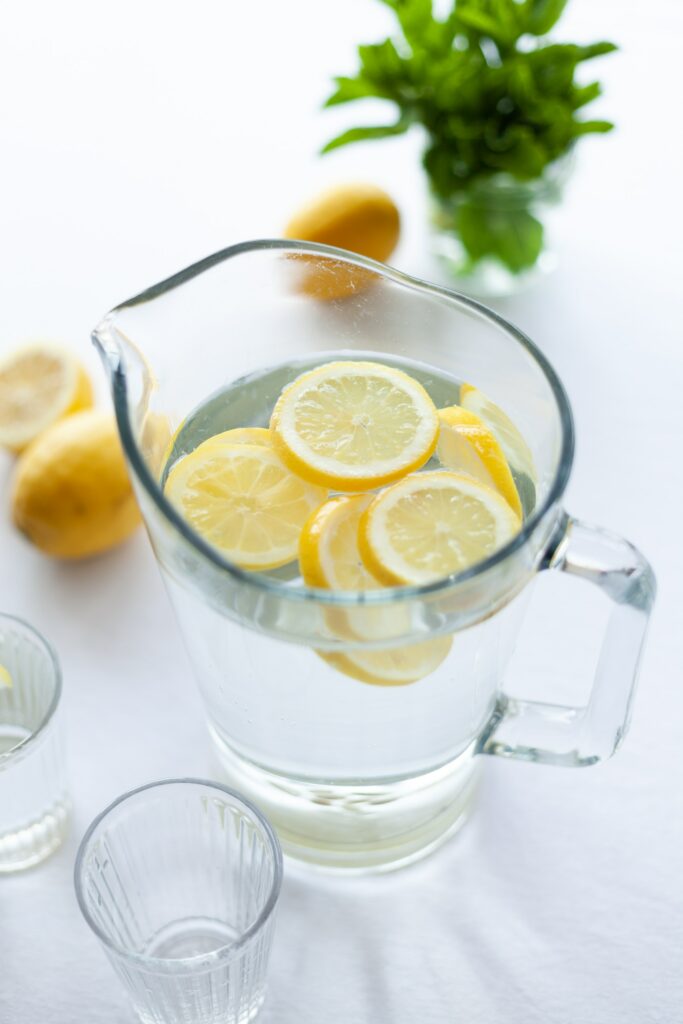As a pregnant woman, creating the most optimal environment for your growing baby is top of mind. Simultaneously, you need to take care of your own well-being. Both are equally important. Everything from adequate calories to protein, vitamins, and minerals are essential. But did you know that electrolytes are particularly vital? Often overlooked, sodium is key for both a healthy pregnancy and a strong breastfeeding foundation. In the spirit of staying well-nourished, we’re diving into how to prevent dehydration during pregnancy.
If you’ve come across this blog post and are struggling to conceive, are newly pregnant after miscarrying, or are experiencing other fertility woes, you are not alone. Trust the process and remain hopeful. Respecting your body’s journey is more important than ever. I see you. My heart goes out to you.

Salt: An Undeserved Bad Rap
Salt has a misleading reputation. Like alcohol, caffeine, and oil, salt’s impact on the body is multifaceted. In an effort to help you re-think salt’s role in your diet (especially if you’re pregnant), let’s take a deeper dive into sodium research. It all began with flawed science. Hundreds of years ago, doctors knew our bodies relied on salt to maintain blood pressure balance. Thus, they believed that consuming too much salt contributed to high blood pressure and heart disease. Newer research proves this fundamental theory isn’t clear-cut. A meta-analysis of over 6,250 patients found there was no actual link between salt intake, high blood pressure, and risk of heart disease. Like many of our modern-day dietary recommendations, more research is needed.
Disclaimer: Talk to your doctor or dietitian about appropriate sodium levels for your diet.
Why Pregnant women Need Sodium
We all need sodium. Pregnant or not. Sodium—like vitamins and minerals—is essential. It does everything from produce nerve impulses to contract muscles, and regulate the fluid in your body. The benefits of salt run deep. But unbeknownst to most, sodium comes in many forms. What we call “salt” (sodium) is a much broader term. Enter: electrolytes. And electrolytes encompass nutrients like magnesium, calcium, potassium, chloride, sodium, and phosphate. As far as pregnancy is concerned, sodium is key. In fact, sodium restriction has some potentially dire consequences. For example, low birth weights, decreased milk production (when nursing), high blood pressure, impaired cognitive development, and other complications.

Signs of dehydration during pregnancy
During pregnancy, dehydration is particularly worrisome. As mentioned, water and electrolytes are essential to the growth of your fetus. The placenta needs water to transfer nutrients between you and your baby, and the amniotic sac also uses fluids to help protect your baby. So, what are signs of dehydration?
- Dizziness and fainting
- Dry mouth
- Low blood pressure
- Maternal overheating—an increased risk of increased body temperature while pregnant
- Tiredness and fatigue
- Constipation
- Headache
- Dark urine
- Sunken eyes
- Irritability or confusion
If any of these symptoms occur, it’s a medical emergency. Call 911 or your doctor, immediately. Correcting the problem early is the best way to recover from dehydration and protect yourself and your baby.

What causes dehydration during pregnancy?
Generally speaking, dehydration occurs when your body loses more fluids and electrolytes than it can replace. When you’re dehydrated, you start to experience a breakdown in normal functioning. Fluid needs can vary from day to day, but a good rule of thumb is to check your urine color. When you’re pregnant, you want to be particularly careful about avoiding dehydration. Pregnancy conditions—such as morning sickness, diarrhea, and maternal overheating—dramatically increase the risk of dehydration.
How to prevent dehydration during pregnancy
When you’re dehydrated (pregnant or not), drinking plain water may not fully address dehydration. In essence, your body needs a balance of sodium and glucose to help with absorption. Rather than gulp down fruit juices and sports drinks (which are packed with added sugar), reach for electrolytes. A few of my favorite electrolyte brands are Beam, Drink Hydrant, Goodonya, and Needed. Pure coconut water—no sugar added—is also a nourishing choice. In part, how to prevent dehydration during pregnancy requires taking a proactive approach. Don’t wait until you’re exhibiting signs of dehydration to up your water intake! Also, be mindful of overexertion and overheating from the weather or strenuous activity.

Salt and Pre-Eclampsia
Last but not least, what’s the correlation between salt and pre-eclampsia? Many doctors recommend salt restriction during pregnancy. The claim is that restricting sodium helps women avoid a complication called pre-eclampsia, a condition marked by high blood pressure and swelling of the hands and feet. The data, however, is inconclusive. One comprehensive review, for instance, found no link between salt intake and pre-eclampsia occurrence. Again, speak with your doctor before changing your sodium intake.
This article is for informational purposes only. It is not, nor is it intended to be, a substitute for professional medical advice, diagnosis, or treatment and we recommend that you always consult with your healthcare provider.



Leave a Reply